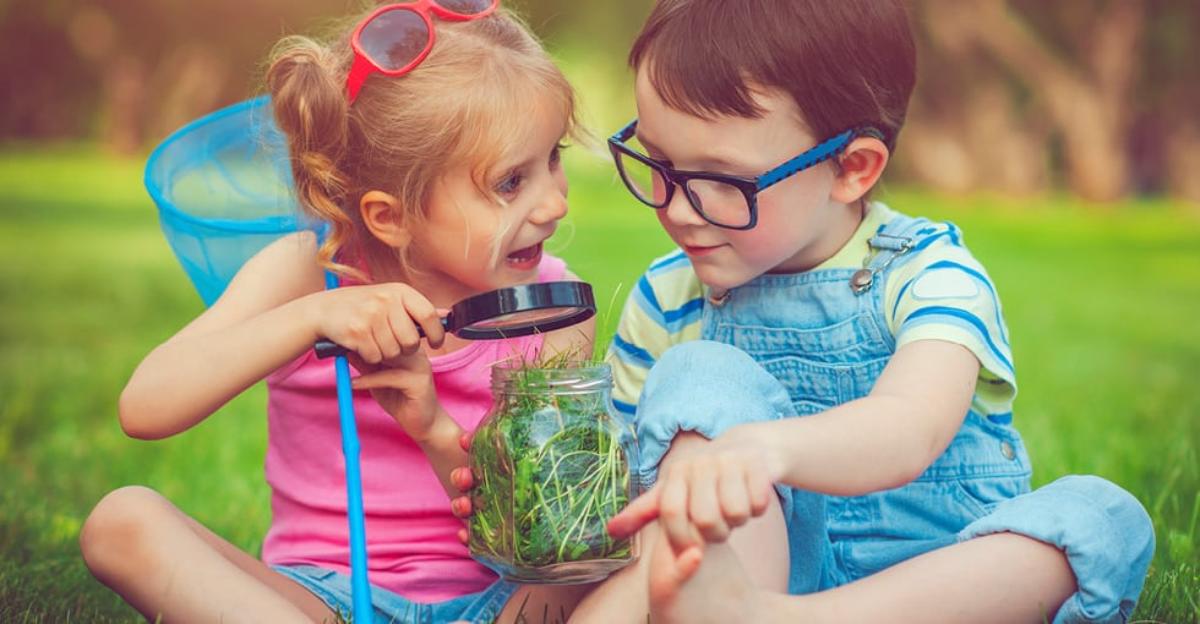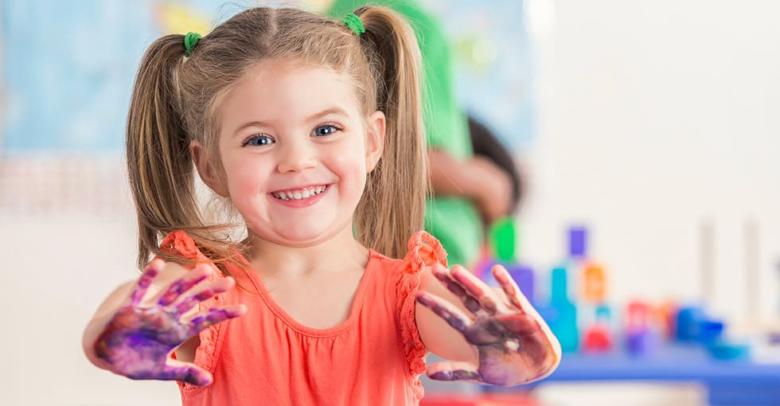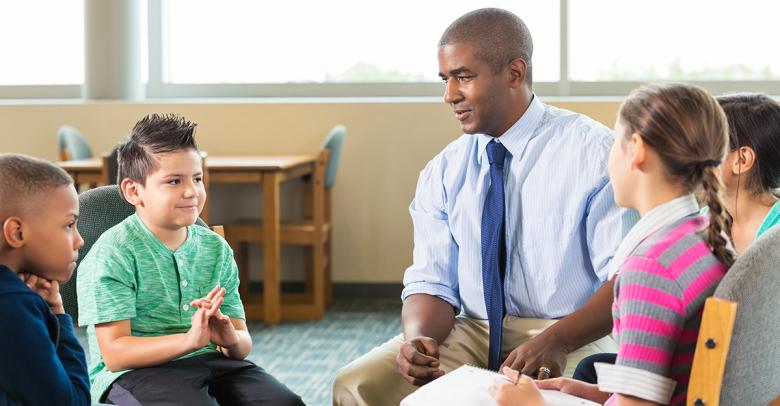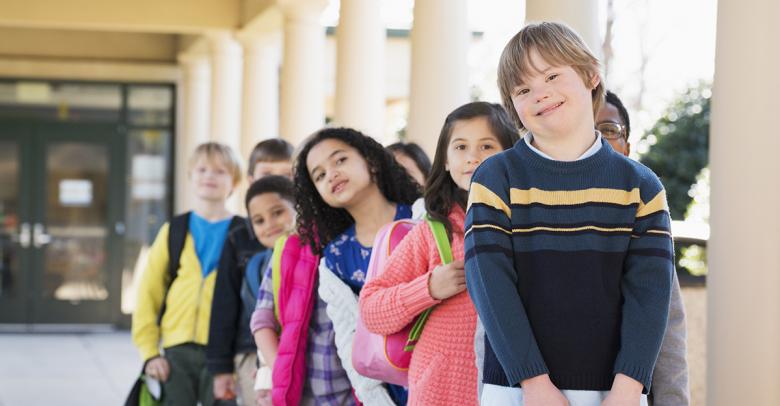For a person with autism, socializing can be difficult. Individuals with autism range across the spectrum in their ability to socialize and develop social skills. However, those challenging skills can be acquired through patience, practice, and persistence.
Whereas many people are born to socialize naturally, for children on the autism spectrum, social cues and appropriate social behavior are not innate. Children with autism can be overly shy or overly talkative, both of which can make them the target of isolation or bullying. Taking a look at some strategies to overcome such targeting can make a tremendous impact on their social life, as well as their self-image and entire well-being.
1. Eye Contact with Care
Eye contact is critical to social interaction. Many individuals with autism have difficulty with eye contact, so using a mirror or other self-reflecting tools can be helpful in exploring facial features and emotions.
Expecting consistent eye contact can be disillusioning. Start by encouraging body listening and having them learn to face the person with whom they’re socializing. They may need to learn where their body is in space and in relationship to the person.
There are great tools for learning body awareness as well. The key is to teach imitation, reciprocity (turn-taking), and context clues (recognizing facial and verbal expressions). Doing so with props and a concrete tool can be highly beneficial.
2. Play Dates with Structure
Having a play date can be overwhelming for individuals who need structure to socialize. Adding supervision, direction, and a straightforward activity to do with a partner or friend can encourage a very successful play date. So, instead of just a free-for-all play date, try a date to make something, build something, or learn something together.
Having a common interest will make dialogue more natural. Love bugs? Set up a bug-hunting exploration. Love science? Set up an experiment. You may even set up some time in a sensory room, where even friends without special needs can benefit from a multi-sensory experience.
3. Get To Know
Be sure you get to know the individual’s likes, dislikes, personality, and preferences before working on social skills. It’s crucial to meet them where they are. That will be your starting point, but you must know what that is.
What are their interests? What do they like to talk about? Favorite activities? Once you understand, you can build social skills, social time, and social lessons from a place of comfort.
4. Pairing with Awareness
When looking for peers or a social buddy, be aware. Finding someone who is tolerant of differences and secure in their own skin is helpful.
Be mindful that kids on the autism spectrum can be the target of isolation, as others may decide it’s easier to leave them out. If the others are not so secure in themselves, they may make a child with autism a target for bullying. So bully beware when pairing them up or selecting friends.
5. Manage Screen Time
Many people are consistently engaged with a phone, tablet, or computer. Learning to socialize without a gadget can be difficult for someone who prefers isolation and for whom technology provides much pleasure.
List a few pleasurable activities, such as playing with a dog, riding a bike, fishing, drawing, dancing, hiking, etc. Teach them to use this list daily and find peers who enjoy similar activities.
6. Let’s Go Camping
Summer camp, or a specialized summer camp in particular, can provide new skills, new friends, and new social skills. Summer camps for kids with autism are plentiful and can provide a non-threatening environment where one-on-one and group social skills can be learned through shared interests and communal living.
As you proceed down the social teaching road, be sure to keep your hopes high and your heart open. Break the learning into small lessons, and be sure to celebrate each and every accomplishment with a smile!






Leave a Reply